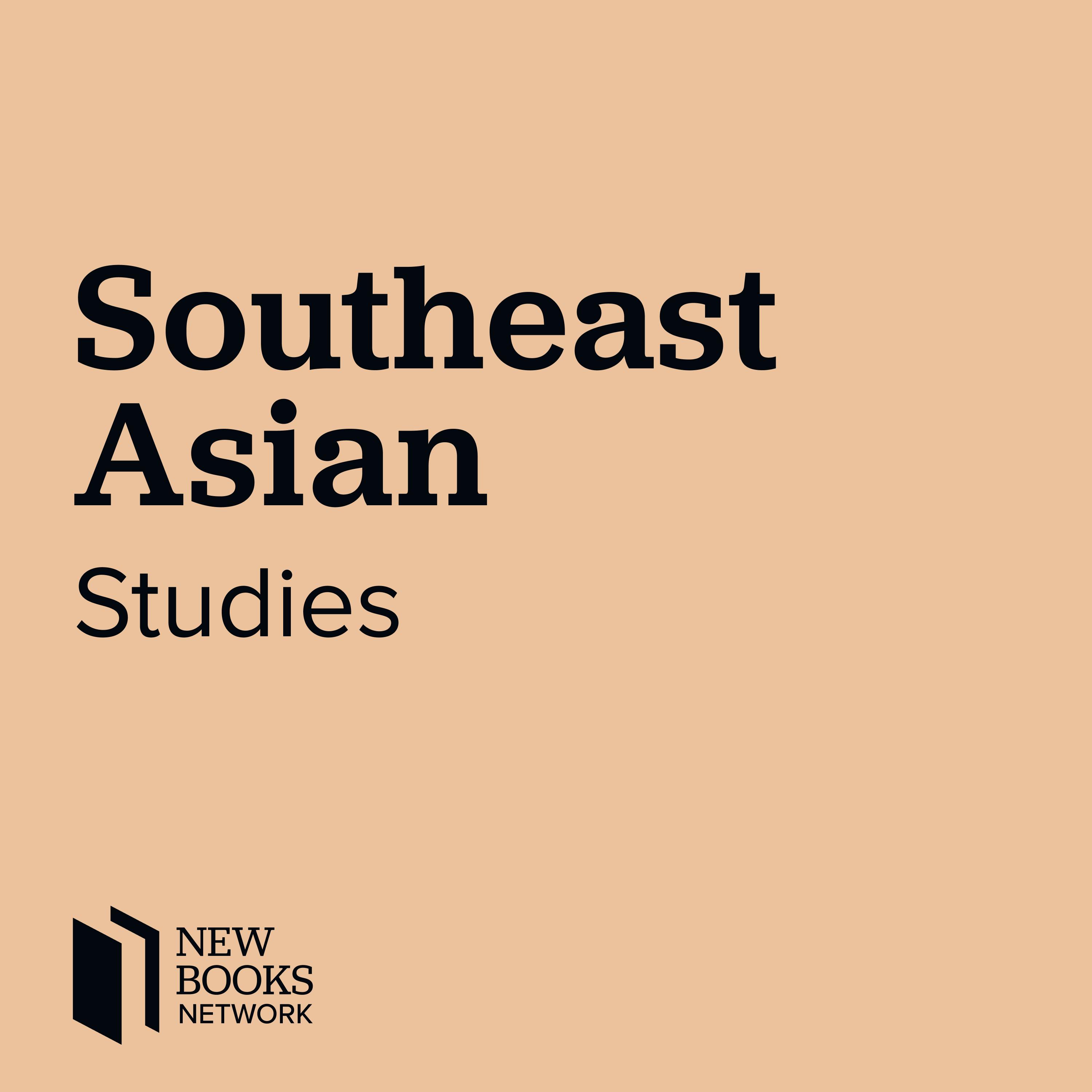Nur Sobers-Khan et al., "Beyond Colonial Rupture: Print Culture and the Emergence of Muslim Modernity in Nineteenth-Century South Asia" (2023)
Description
Scholarly discussions on Islam in print have focused predominantly on the role of Urdu in the development of North Indian Muslim publics (Dubrow, 2018; Robb, 2020), ʿulama and Islamic jurisprudence (Tareen, 2020) and relations between Islam and colonial modernity (Robinson, 2008; Osella & Osella, 2008).
This special issue of International Journal of Islam in Asia (Sept, 2023) instead offers fine-grained investigations on technology and labour; print landscapes, networks and actors; subaltern languages; and popular Islam. We critique the idea of an “epistemic rupture” brought about by colonial modernity, providing a more systematic analysis of continuities and changes in Islamic knowledge economy. Examining two centuries of print authored by South Asian Muslims, the articles in the issue provide new ways of thinking about questions of knowledge production, distribution, circulation and reception. The issue broadens the scope of earlier scholarship, examining genres such as cosmology, divination, devotional poems, salacious songs, romances and tales of war in Urdu, Persian, Arabic, dobhāṣī do Bangla, Arabic Malayalam, Sindhi, Balochi and Brahui. The articles show the different ways that pre-colonial practices and cultures of writing and reading persisted in the print landscape, in terms of copying, adaptation, translation and circulation of texts. They inquire into new technologies, labour and networks that evolved, and how it provided fertile ground for both new and traditional forms of religious activities and authorities. The articles present new Muslim publics, geographies, and imaginaries forged through the vernacularisation of Islam, and their relationship to the transnational or global community.
Nur Sobers-Khan is a researcher and curator of Islamic manuscripts, art and archival collections. She served as director of the Aga Khan Documentation Center, a research centre and archive for the study of visual culture, architecture and urbanism in Muslim societies (2021-22).
Ahmed Yaqoub AlMaazmi is a Ph.D. candidate at Princeton University. His research focuses on the intersection of law, the occult sciences, and the environment across the Western Indian Ocean. He can be reached by email at [email protected] or on Twitter @Ahmed_Yaqoub. Listeners’ feedback, questions, and book suggestions are most welcome.
Support our show by becoming a premium member! https://newbooksnetwork.supportingcast.fm/southeast-asian-studies
More Episodes
In Cambodia, the government and civil society organisations have paid significant attention to Gender-based Violence and Harassment, within both the domestic sphere and, increasingly, in the workplace context. A major driver behind this increased scrutiny of GBVH issues is the presence of...
Published 04/20/24
Over three years have passed since a military coup of February 2021 in Myanmar precipitated a popular uprising that has since transformed into a revolutionary situation. While researchers and writers have cobbled together edited books trying to come to terms with all that has happened and how we...
Published 04/16/24
Within the social sciences and the humanities, international research in Burma/Myanmar studies tends to lean toward political science and Buddhist studies, or what can be characterized as the “soldiers or monks” approach. The political situation within the country has restricted the access that...
Published 04/05/24


